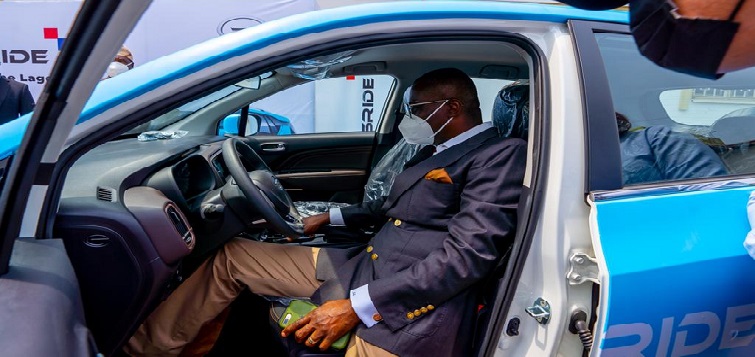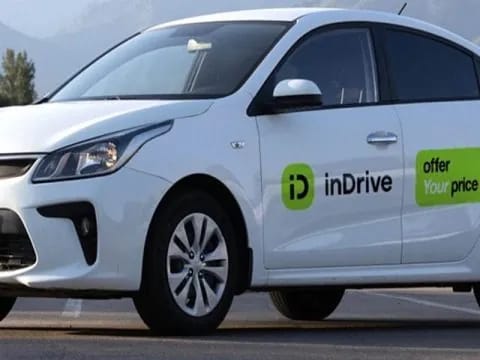Bolt's Battle for Drivers: 15% Bonus Offered Amid Platform Exodus

Leading ride-hailing service Bolt has introduced a 15% commission kickback bonus for its drivers, a move revealed in a message sent to its driver community. This incentive, active from 5 AM to 11:59 PM on the day it commenced, requires drivers to complete at least five trips within the day to qualify. The bonus applies from the sixth trip onwards, offering 15% of the commission paid for that trip and subsequent ones. Additionally, drivers must maintain a 40% acceptance rate and a 55% completion rate for those initial five trips to be eligible. The message explicitly stated: “Get 15% commission kickback bonus by just driving five trips. Just finish five trips in a day with 40% Acceptance Rate and 55% Completion Rate to get 15% commission kickback bonus on all your trips.”
This initiative comes at a critical time as Bolt appears to be facing significant challenges in retaining and engaging its drivers, particularly in the face of tightening competition. A recent Technext poll involving e-hailing drivers highlighted Bolt as the least preferred among the 'Big Three' apps, which also include Uber and InDrive. The poll results showed InDrive as the most preferred, capturing 47.4% of the votes, followed by Uber with 31.5%. Bolt trailed significantly, polling only 15.8% of the total votes, indicating it is approximately two times less popular than Uber and three times less popular than InDrive among the driver community.
Drivers attribute Bolt's declining popularity primarily to its 'acceptance rating' system. This metric measures the percentage of orders a driver accepts out of their last 100 requests. Traditionally, an acceptance rate above 80% is considered healthy, while anything below 60% can lead to disciplinary action, including being blocked from the platform. The new bonus scheme, however, lowers the minimum acceptable acceptance rate to 40% for eligibility, suggesting an adaptation to driver feedback and market realities.
The struggle to retain drivers has a direct impact on passenger numbers, as passengers naturally gravitate towards platforms with more available drivers. To maintain its passenger base, Bolt has historically relied on offering some of the cheapest fares among ride-hailing companies. While this strategy has appealed to passengers, it has inadvertently alienated drivers, who often opt for rival apps in pursuit of better earnings, thereby exacerbating Bolt's driver retention issues.
Recognizing the instrumental role drivers play, Bolt claims to put its drivers at the heart of its business and has rolled out a series of programs to strengthen its bond with them. Among these is the recent Drivers Novelty Match, held on June 12, an event the company aims to make annual. The match, themed “Building a Stronger Community,” is intended to foster partnership, demonstrate commitment to driver well-being, and acknowledge their crucial contribution to the ride-hailing ecosystem. Additionally, Bolt has partnered with Advancly, a credit technology company, to provide short-term loans to its drivers. This initiative aims to support drivers' financial needs, enabling them to access upfront earnings and enhance productivity, though eligibility is linked to a reward level system based on consistent operation on the platform.
Bolt's overarching strategy appears to be focused on cultivating a large, loyal community of drivers through these initiatives. However, despite their lofty intentions, these programs have yet to directly address the fundamental concerns drivers have regarding improved earnings, which remains a key factor in their platform choice.
You may also like...
Data Is the New Palm Oil: Why African Nations Must Protect Their Digital Gold
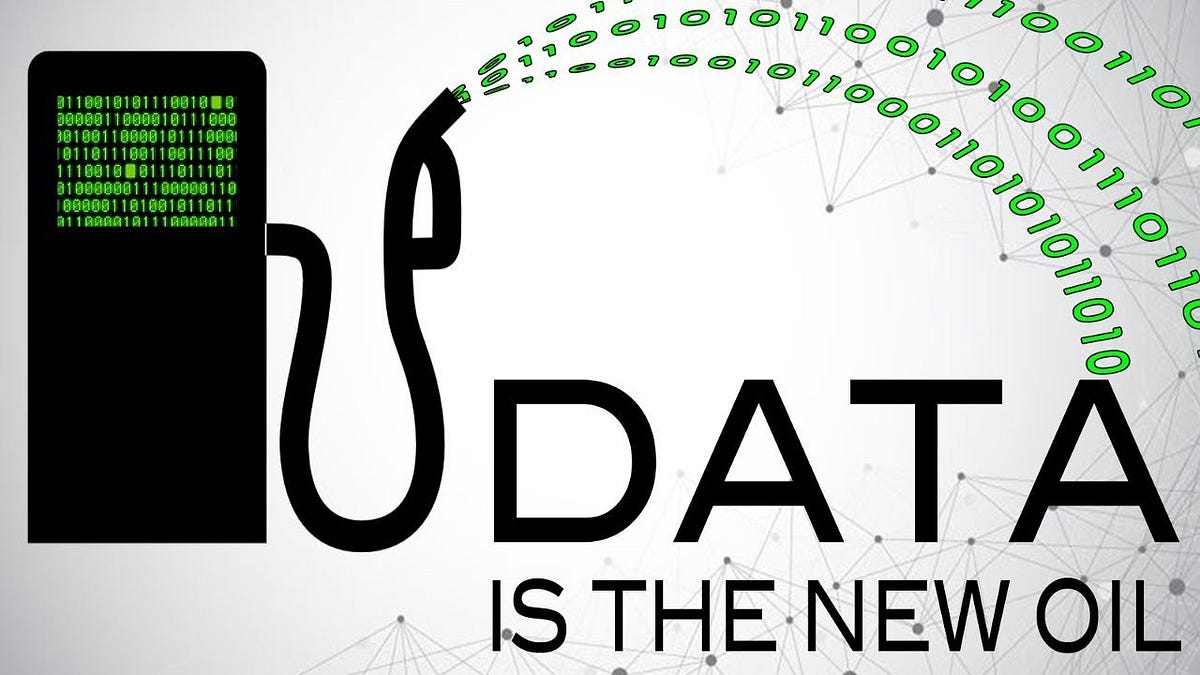
Africa generates massive amounts of data daily, yet much of this digital wealth flows abroad. Protecting and leveraging ...
Sweden’s Bankless Shift: Can a Cash-Free Society Redefine Global Finance?

Sweden’s journey to becoming a cashless society isn't just another story. Read on how digital payments, mobile banking, ...
China’s Social Credit Saga: Surveillance, Trust, and the Future of Freedom
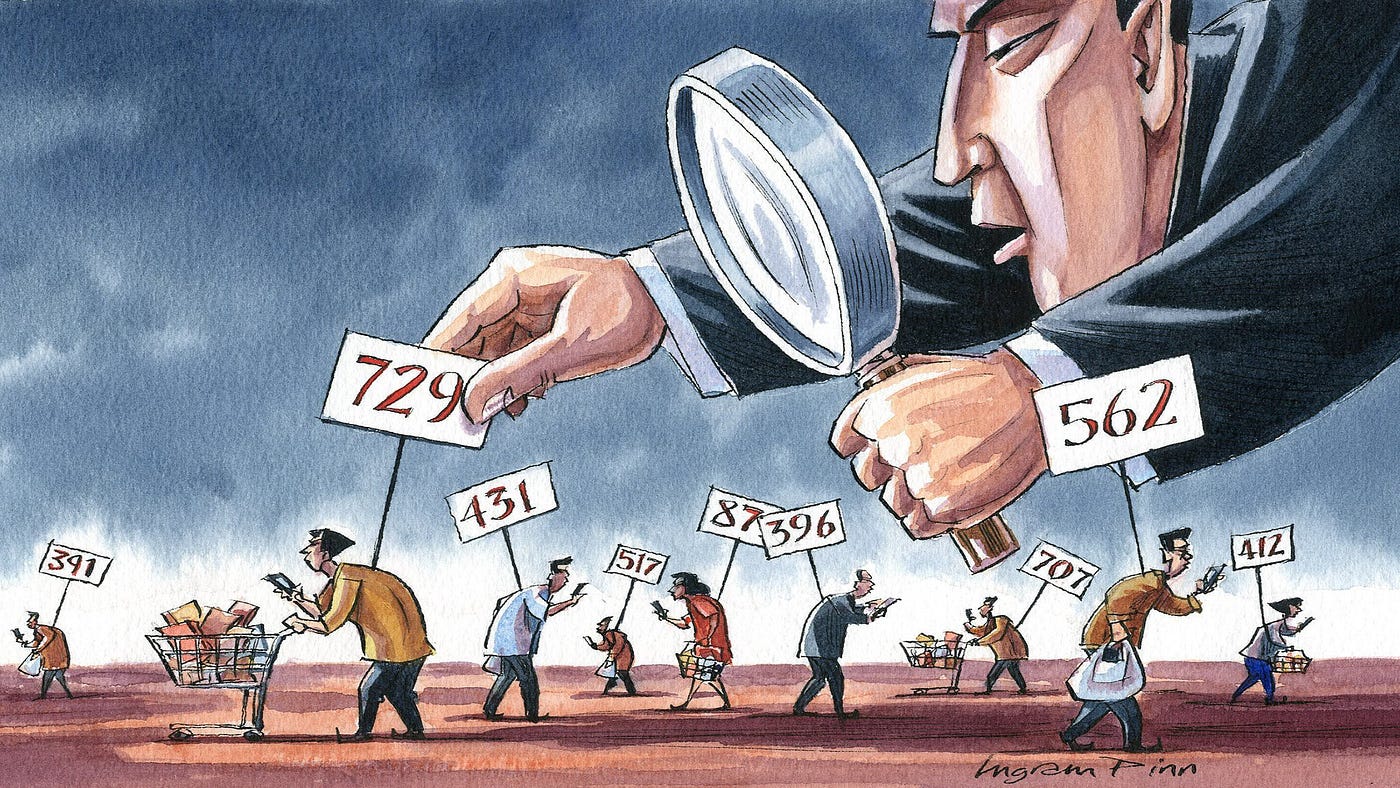
China’s social credit system blends surveillance, data, and control. Is it trust-building or a digital cage — and what...
The Unsexy Businesses That Actually Make Money: Nigeria’s Hidden Millionaires

While social media glorifies tech startups and influencer fame, Nigeria’s quiet millionaires are making their fortunes i...
From “God When” to “God Did”: How Hustle Culture Became a Religion

As African youth chase the gospel of hustle and soft life, a new faith has emerged, one built on ambition, affirmations,...
GMOs and the Future of Food: Can Biotechnology Feed Africa and the World?

Can GMOs feed Africa and the world? Read about the promise, risks, and future of biotechnology in tackling hunger, clima...
The Chains of Nepotism: Meritocracy and the African Job Market
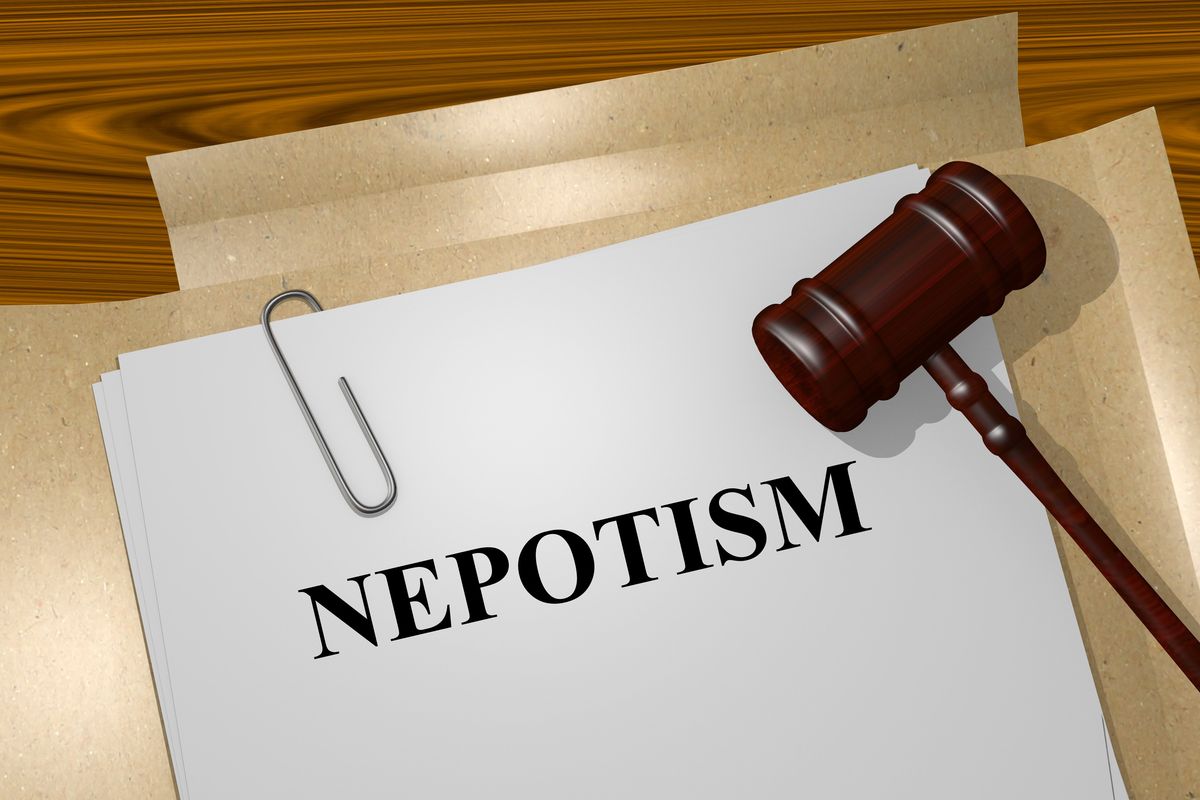
Nepotism continues to dominate Africa’s job market, sidelining merit and talent. In today’s world “who you know” oversha...
The Waiting Season: What Happens to Young Nigerians After NYSC

For thousands of Nigerian graduates, the real challenge begins after the NYSC uniform comes off. This story explains the...


